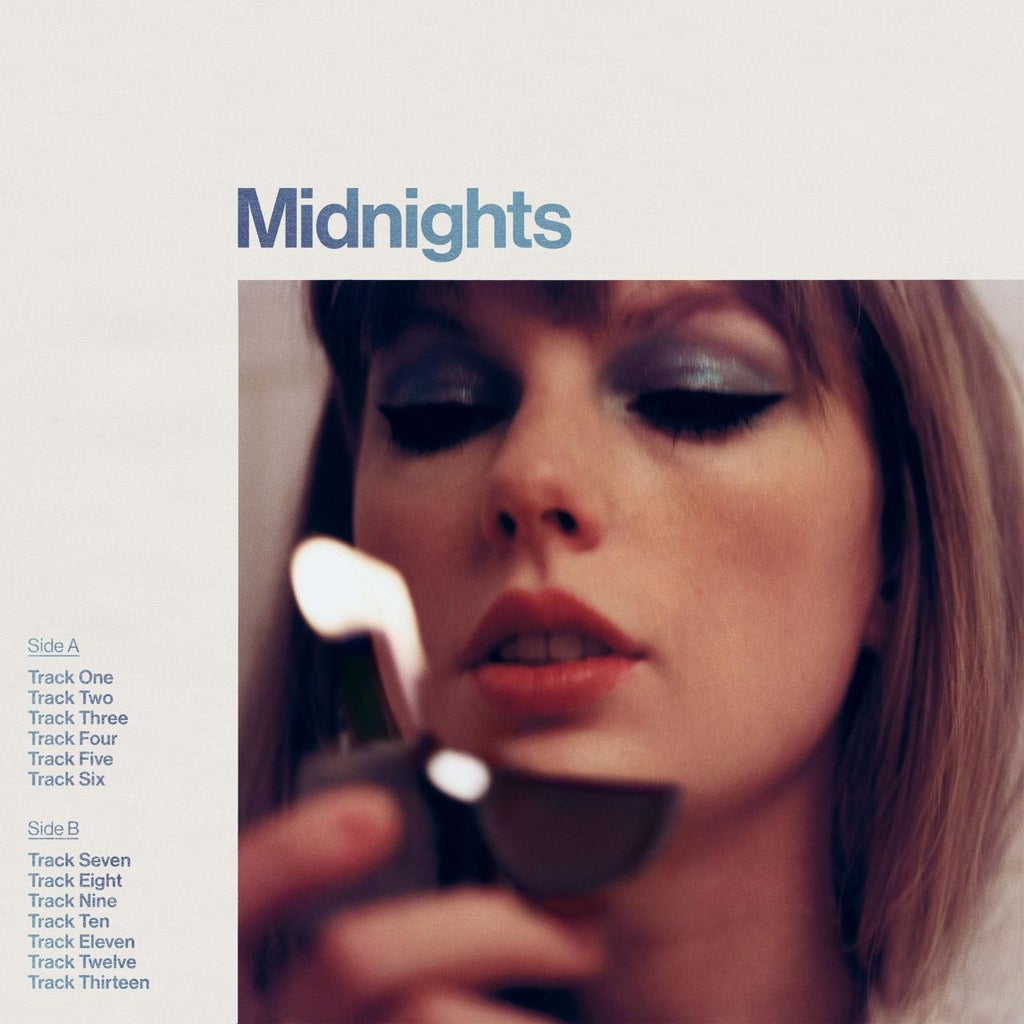Trigger Warning: mentions of eating disorders and fatphobia
Taylor Swift recently released her new “Midnights” album to immediate success. When the “Anti-Hero” music video was released, however, Twitter became alight with criticisms.
The controversy surrounded one particular scene: a moment in the video where Swift steps on a bathroom scale and a close-up of the scale reads the word “fat.”
Many people were supportive of Swift’s song and music video, but others were offended by her portrayal. Some fans saw the scene as reinforcing the notion that being fat is a bad thing and that using that word was harmful to her community.
Since the outcry, the video was edited on Oct. 26 to remove the frame with the close-up of the scale on Youtube and Apple Music. Now, the video instead shows Swift’s clone reading the scale with a look of disapproval.
Though I understand why fans may have been hurt by this imagery, I think they missed the idea behind Swift’s message. “Anti-Hero” is all about how the media exploits the singer-songwriter, contributing to her self-hate. In the image on the scale, the word “fat” is the media telling women how they should look and behave, and Swift becomes consumed by their messages and develops an eating disorder.
Additionally, I don’t think it is the internet’s place to criticize how people open up about their struggles with body image. Swift has expressed many times how she has struggled with an eating disorder, and to come out and own that is taking back her power. It has helped her audience to see someone so successful deal with some of the same struggles as they do.
Art will always be divisive. Art is a medium to express parts of ourselves that we do not often open up about. This trend that has been brought to the forefront during this debate, of pushing back against talking about divisive topics is in some ways harming the important influence of art.
I fear that artists like Taylor Swift will experience this backlash and become discouraged from using their only medium of expressing such difficult struggles.
In the end, I am supportive of Swift’s decision to remove the scene, as doing so has not taken away from her original message. I am just saddened that she may have felt silenced from opening up about important struggles in her life.





